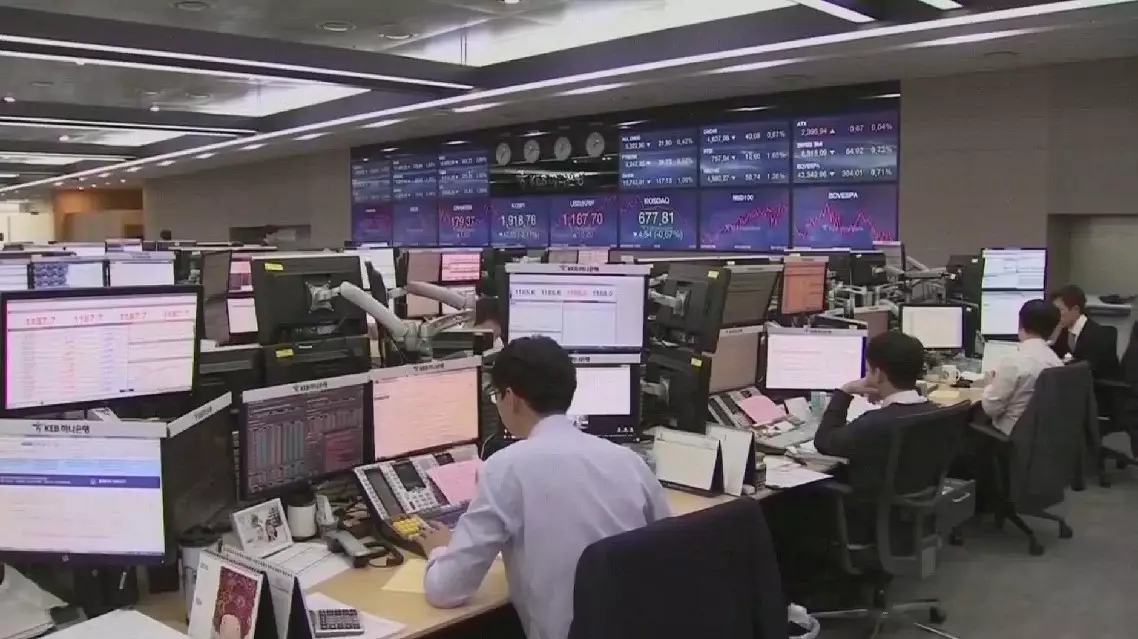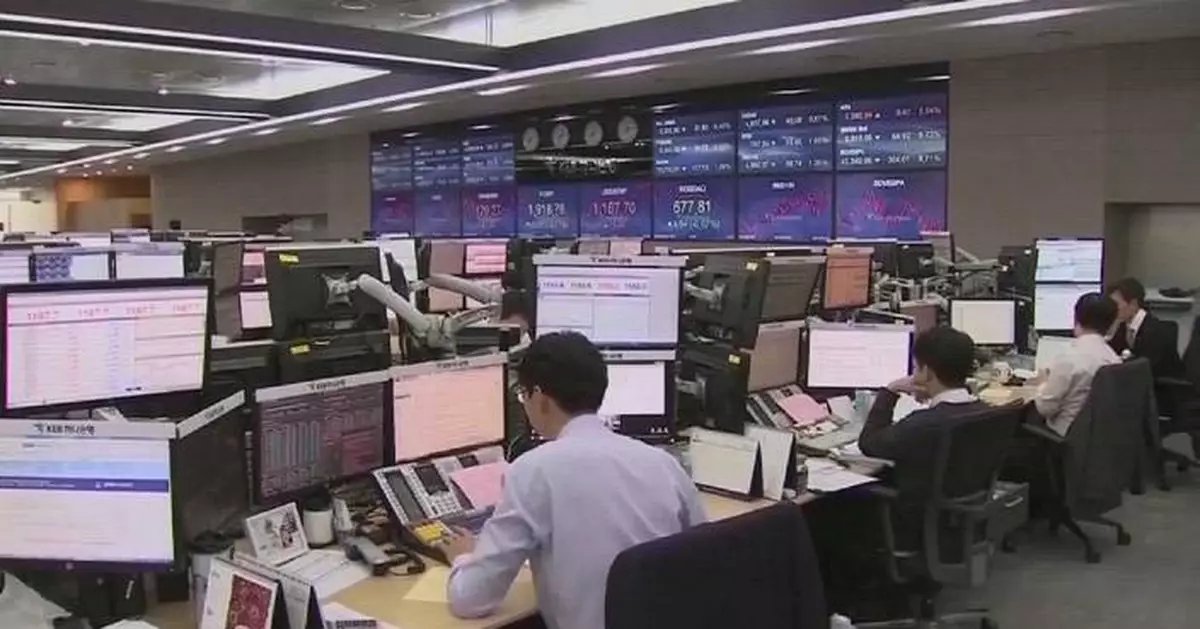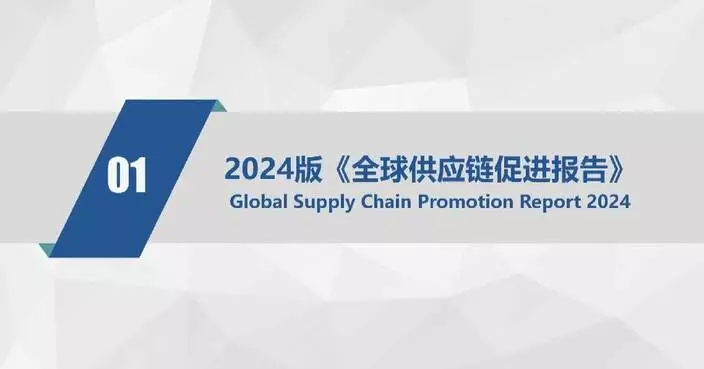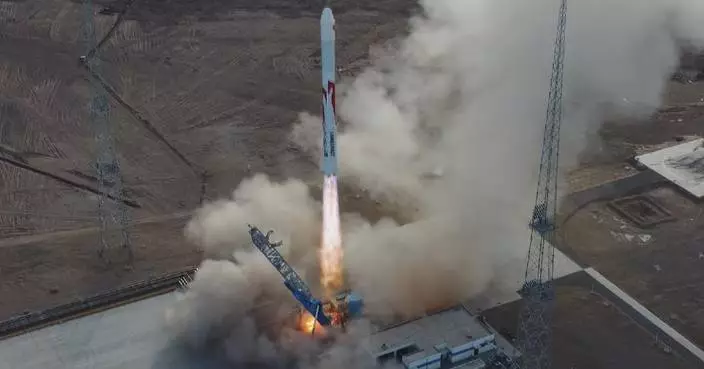China's capital market has shown a positive trend, with a rapidly rising China A-share market volume and supporting policies recently introduced by the People's Bank of China, injecting vitality into public companies and further stimulating the Chinese market.
China's A-share market volume has been exceeding one trillion yuan (about 140 billion U.S. dollars) consecutively for over a month, marking an active market with increasing capital inflow. Notably, the index fund market has expanded to over three trillion yuan, and a series of new indices were launched, with CSI A500 emerging as the most prominent. Since its launch more than a month ago, funds related to CSI A500 have totaled over 250 billion yuan. "With the launch of indices such as the CSI A500, which represent a broad coverage of current A-share industries, feature good liquidity, and include companies that embody new quality productive forces, along with the gradual implementation of fund management fee reduction policies, an increasing number of investors are choosing to enter the capital market through index funds. This has contributed to the continuous growth of the scale of index funds," said Zhao Yunyang, general manager of the Index and Quantitative Investment Department of Bosera Fund.
In addition to the prosperity of index funds, financial institutions and public companies have benefited from the new capital market tools introduced by the People's Bank of China last month: Securities, Funds, and Insurance Companies Swap Facility (SFISF), and outright reverse repo operations.
"Over the past month, an increasing number of listed companies from various sectors and with different scales have received tangible support from two new tools. This helps reduce their financing costs, optimize capital structures, and improve financial efficiency. In the long term, this will lay a solid foundation for the inherent stability of the capital market and also help boost investor confidence and activity, actively promoting the long-term healthy development of the capital market," said Yang Chao, Chief Strategy Analyst at China Galaxy Securities.
These measures are driving incremental funding into China's capital market, which resembles an influx of customers into a marketplace, explained Tian Lihui, Dean of Nankai University Institute of Finance and Development.
"If we imagine the stock market as a bustling marketplace, each stall represents a different company. Incremental funding is like an increasing number of customers, flowing into the market in waves. The more customers there are, the more prosperous the business becomes, allowing stallholders more funds for restocking, improving their stall decorations, or enhancing service quality. Similarly, when incremental funding enters the stock market, it provides listed companies with more "purchasing power." These funds can be used by companies to expand their scale, develop new products, or improve performance, thereby increasing the value of the company. This creates a positive cycle, where the marketplace, stall owners, and customers each meet their needs, driving the market toward a healthier and more prosperous direction," said Tian.

Booming index funds, new financial policies invigorate capital market










